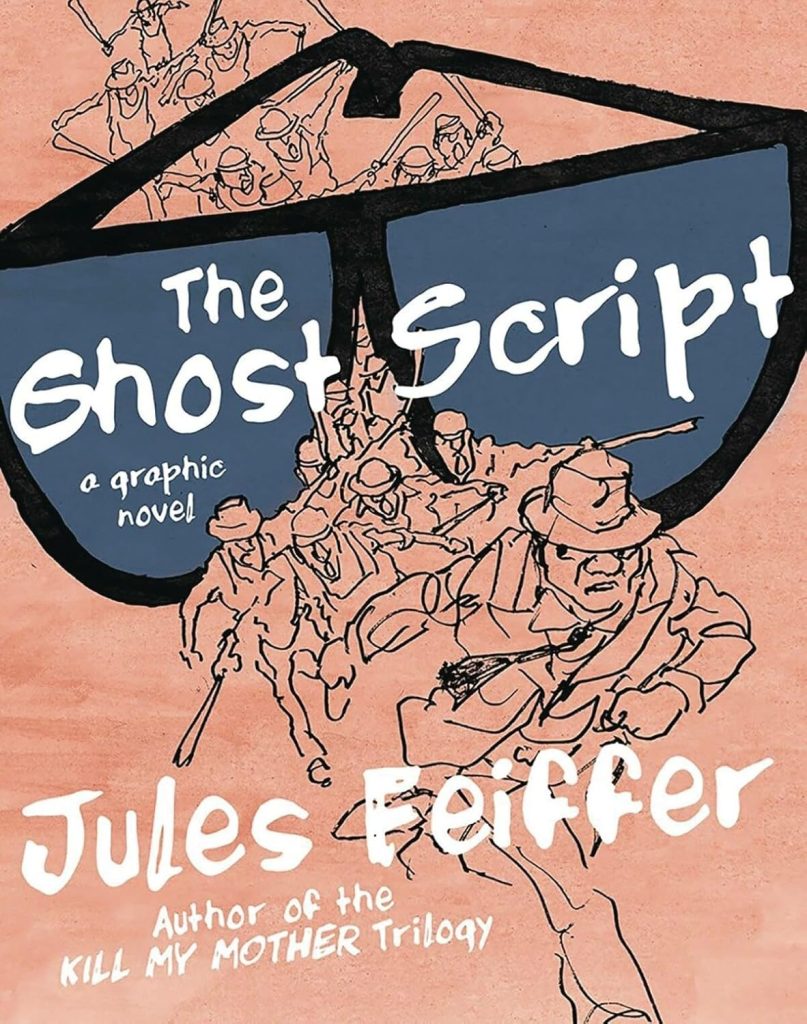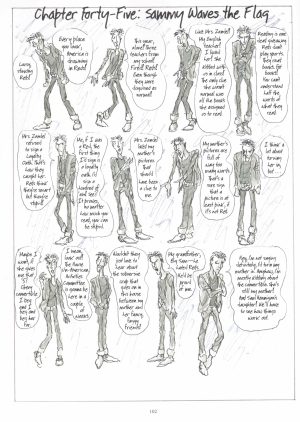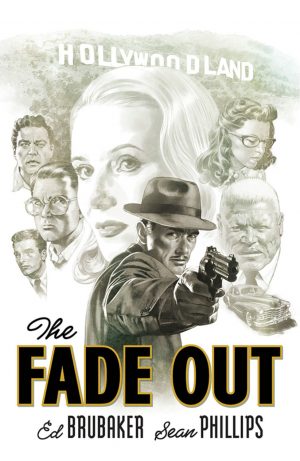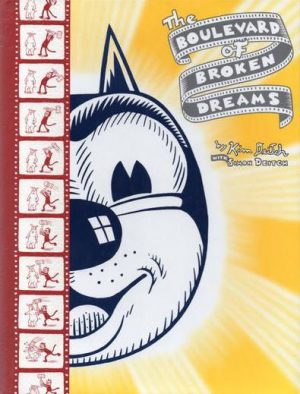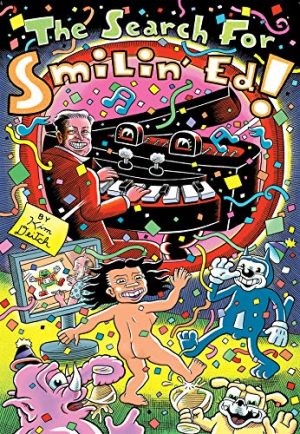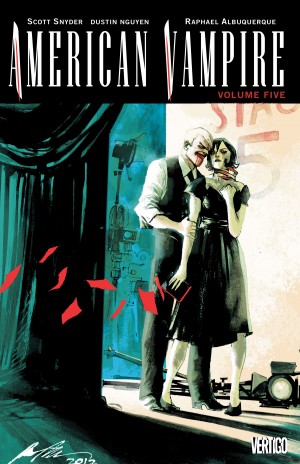Review by Colin Credle
This is the final instalment of creator Jules Feiffer’s screed against the House Un-American Activities Committee (HUAC) of the 1950s and the resulting Hollywood Blacklist. The Ghost Script attempts to bring the narrative of Kill My Mother and Cousin Joseph to a messy conclusion with HUAC, but collapses under its own weight. Films of the 1950s often featured lengthy convoluted explanations by one character in the final scene to quickly wrap things up. The Ghost Script suffers from the same affliction and there’s too much explanation to bear.
The Foreword and Acknowledgments section is more revealing reading than the graphic novel itself. Feiffer discusses his personal connections to the victims and those hunted by the HUAC for being Communist sympathizers. Feiffer admits to “..life-souring lessons about America,” ”..undiluted rage…” and “reflective insanity” that clearly inspire the lengthy diatribes inserted into his illustrations.
Initially, Feiffer’s artistic style possesses an energetic scribbling and odd abstraction that lends it a unique and sometimes captivating style, but as he introduces more and more characters, the superficial similarity of the faces starts to make the story hard to follow. In addition, his proclivity for preaching and explaining drains the drawings of any energy. The drawings are paper cut outs positioned next to Feiffer’s sermons.
On one page there are several drawings of a character juxtaposed with large word bubbles filled with bloviating, meandering soul-searching explanations. Many characters are motivated by their own self-interest and gain, making few of them compelling and overly simplistic. Devoid of any idealism, inspiration or gravity, there is no sympathetic protagonist to follow nor with whom to identify.
Feiffer is clearly convinced of his outrage, but his enthusiasm to pummel his points from the soap box engenders a desire to prematurely walk away from the book as his preaching fades into the background. This is unfortunate as the historic events of the Hollywood Blacklist are fertile ground for interesting characters and moral quandaries to explore. Feiffer’s one-sided rage creates a conflagration that singes away any compelling plot or characters. We can only sift through the ashes hoping to salvage something interesting.
